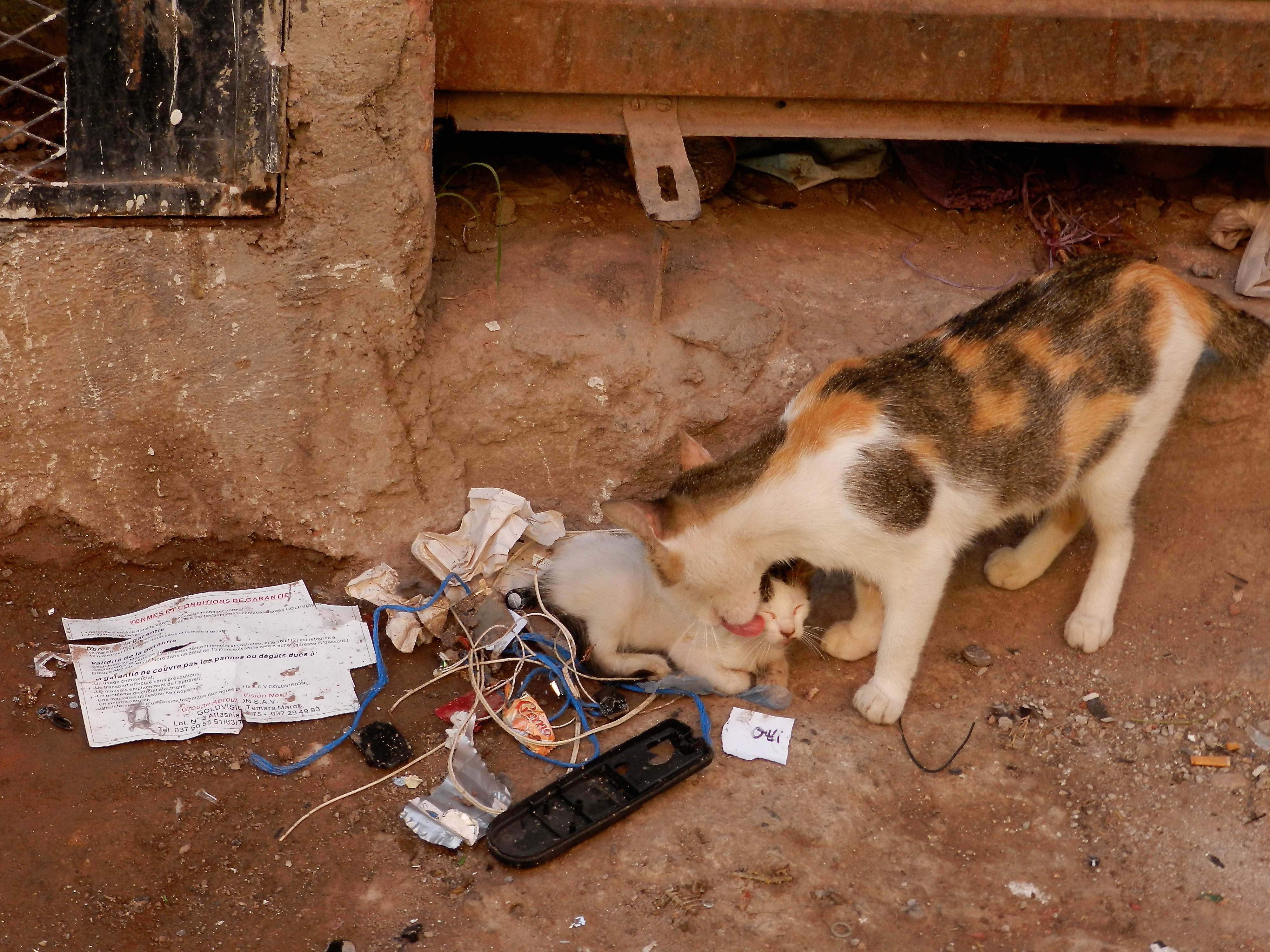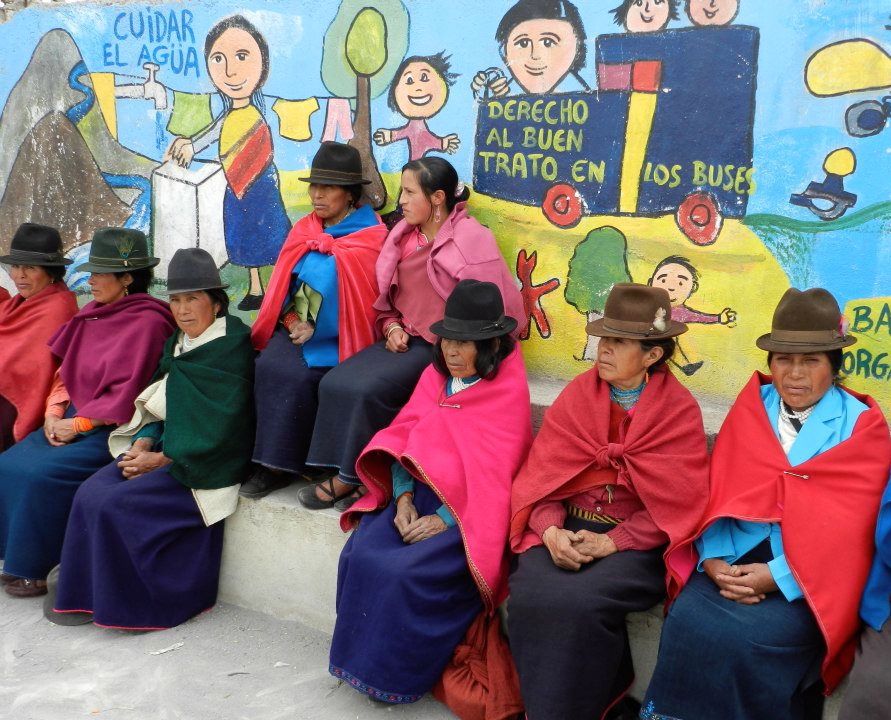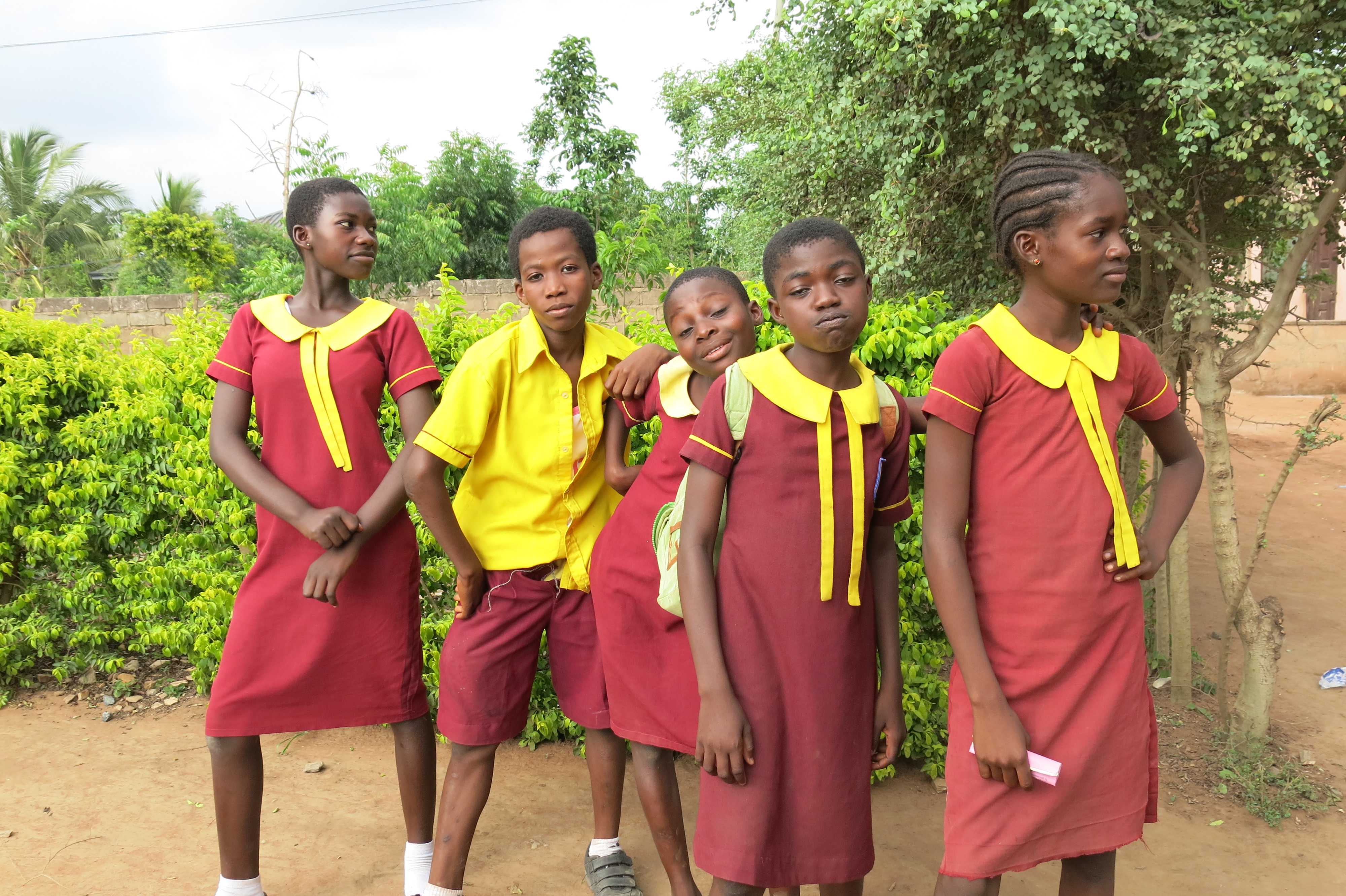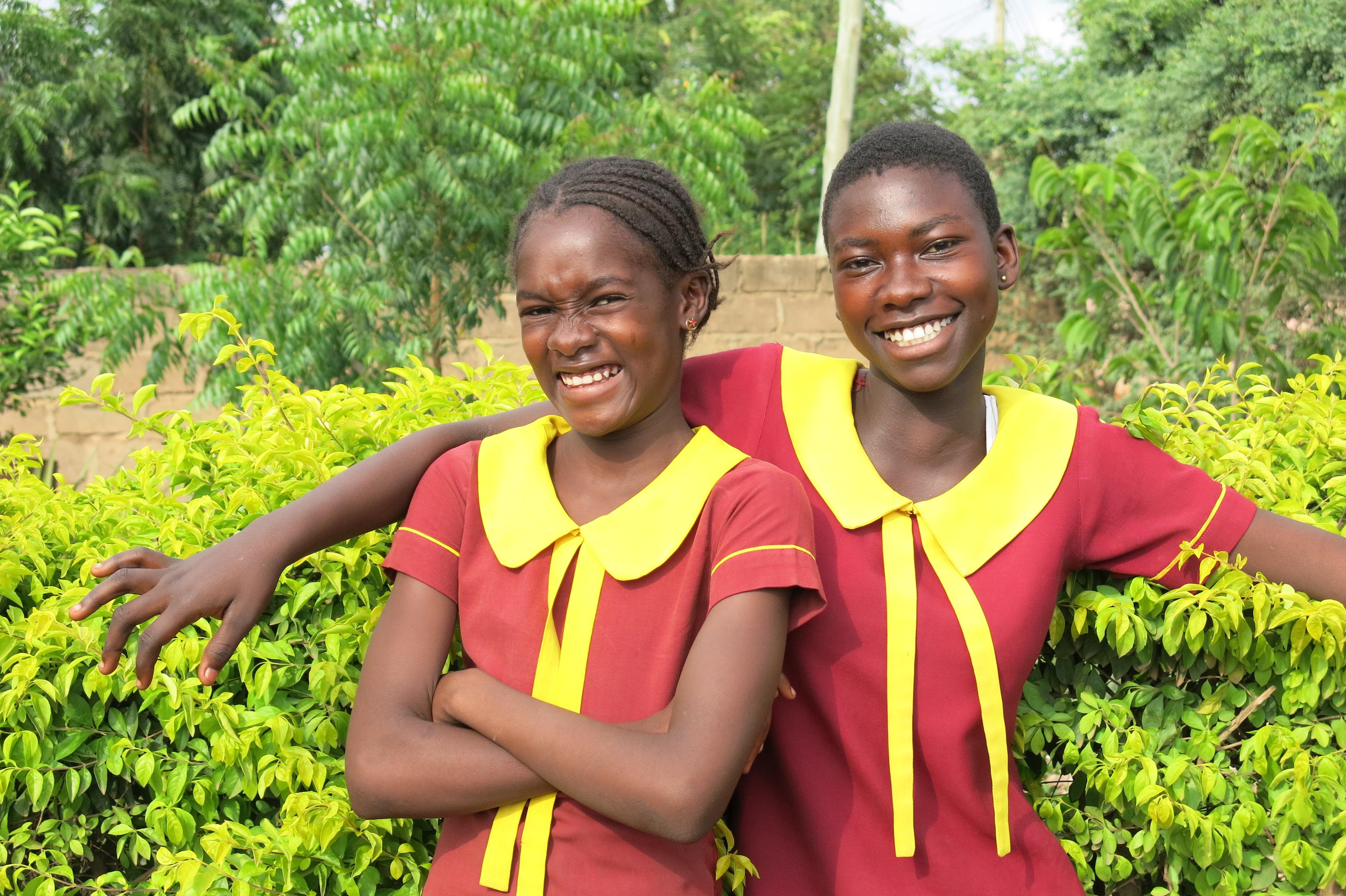I came across a phrase that caught my attention while perusing the internet the other day. “Poverty porn.” The article I read discussed how many NGO’s are stuck in a cycle of using the negative aspects of poverty to gain support and donations for their projects.
This isn’t a completely fair representation because it relies on a very one-sided, often tragic and depressing, narrative. Unfortunately, this form of heart string manipulation combined with photos of dusty, barefoot children with inflated bellies is extremely effective when it comes to people’s pocketbooks. 
You might call this “Kitty poverty porn.”
Marrakech, Morocco
The Holiday Season is especially rapt with these images of “starving children in Africa” and “uneducated girls in Afghanistan.” We’re asked to feel sorry for the plight of people living in a far-off country we’ve never heard of, while we lift our eyes heavenward and thank God we’re not in their shoes. We’re almost shamed into digging out our checkbooks, compelled to hit the “donate” button while trying to avoid looking directly into the eyes of the destitute children we’re sending money to. Moved with temporary compassion, we might even dig through our closet and send them our old pairs of shoes along with a handwritten Christmas note.
The mentality of throwing money at the complicated issue of poverty prevails in part because it’s so simple and we’re not really taught an alternative. If a child is lacking shoes or food to eat, the easiest thing to do is give it to him.
I watched the students of Wisdom Academy play football (American soccer) the other day and noticed that many of the kids were only wearing one shoe. I scanned the crowd of boys running up and down the field and noticed that they were sharing pairs of shoes so more kids could participate in the game. I thought about the practice of many NGO’s collecting old shoes from countries like the United States and “recycling them” for use in Africa and abroad. Curious, I brought it up to another volunteer.
“Why don’t we give the kids new shoes instead of sending them our old used-up ones?” I asked my friend. “Aren’t we sending them a message that they aren’t worthy of the same quality we enjoy?” He shook his head, “Yeah, but the real question is, why can’t they afford to buy their own shoes?”
One of the problems of poverty porn is that it asks so little of us. It provides us with gripping images and startling statistics while offering simplistic and watered down solutions that don’t require much effort on our part. “Write a check for this amount,” or “send this care package” and we’re allowed to continue on with our daily tasks, failing to consider the causes of poverty or how our lifestyle might actually be contributing to it.
Guilt may garner a below-the-belt response but it does little to develop the complete narrative, it leaves no room for building relationships or perpetuating actual long-term change. When we allow poverty porn to be the only side to the story, we’re reinforcing certain beliefs about ourselves and others, underlining stereotypes and demoralizing the same people we should be empowering. 
This community mural is full of basic rights like “the right to fair treatment on the bus” and “preserve our water.”
Riobamba, Ecuador
Responding to poverty in an honest and thoughtful way requires a multi-faceted approach that most people frankly don’t have time for. Evaluating the quality of life and living conditions of the developing world forces us to ask questions that lead to more questions.
How does the education system support children who fall behind due to illness or forced child labor? What obstacles stand in the way of every child completing their basic education? What job opportunities are available for earning a fair wage? How are the disabled treated? What does the health care system look like, or is there one?
Is the country currently involved in an armed conflict? Are other, wealthier countries illegally exploiting its natural resources and why? Is there a functioning government that looks after the interest of the people? Do women have the same equal rights as men?
These girls are fierce and intelligent, but they live in a society that values men more than women.
Teiman, Ghana
“Injustice anywhere is a threat to justice everywhere.” If poverty remains intangible and separate from our daily lives, it will never change. Whether we realize it or not, poverty isn’t their problem, it’s our problem. The exploitation of poor communities by big oil companies is destroying the rainforest and depleting our oxygen supply. Illegal mining practices are contaminating our fresh water resources and causing cancer. Uneducated farmers are using genetically modified seeds without their knowledge and destroying native crops, diminishing our food supply. There are starving children in Africa and girls who are terrorized into dropping out of school because of the Taliban. These are real issues that money alone cannot solve.
Instead of forcing NGO’s and organizations into exploiting the very people they are trying to help, why don’t we start talking back? Why don’t we engage more than our pocketbooks and start unraveling the sources of inequality and poverty? Let’s look at the systems that breed poverty and find ways to interrupt the vicious cycle. Let’s begin a conversation about injustice instead of automatically reaching for our credit cards. (To be continued…) These girls deserve more than just our money! Photo credit- Students of Wisdom Academy
These girls deserve more than just our money! Photo credit- Students of Wisdom Academy
Teiman, Ghana
What are your thoughts on poverty porn? What do you think is an alternative narrative that should take its place? What’s a more effective way to gain support and donations for NGO’s?
Google+
No Comments